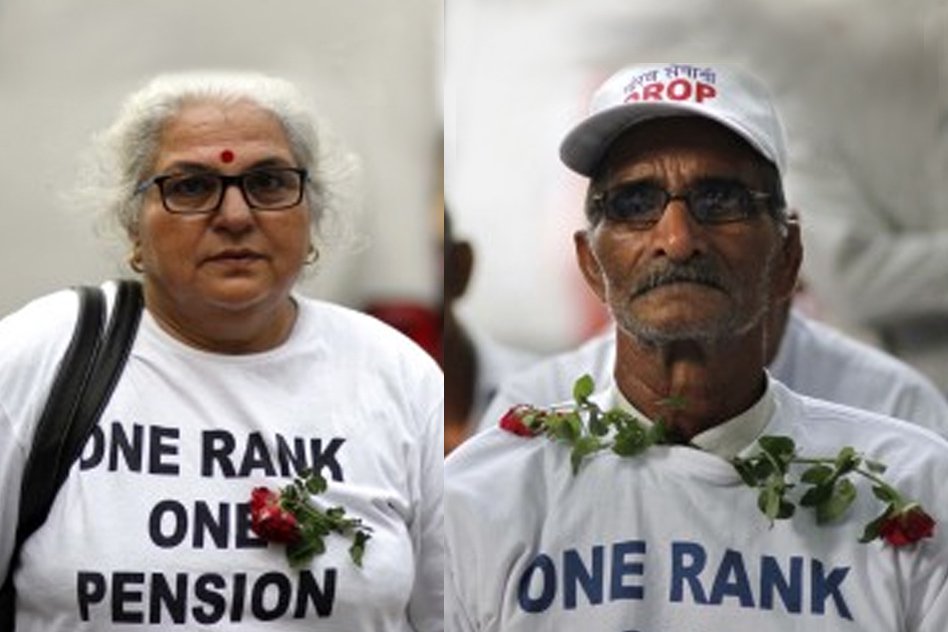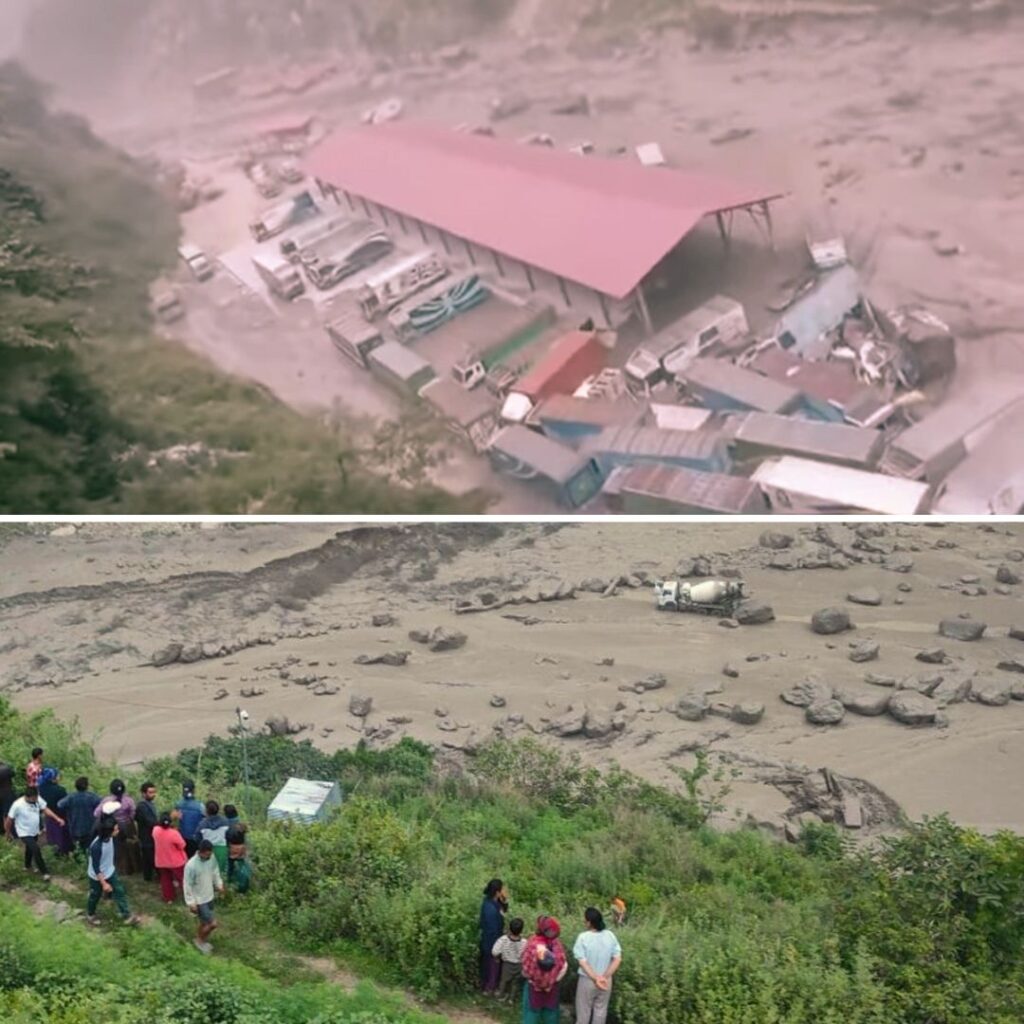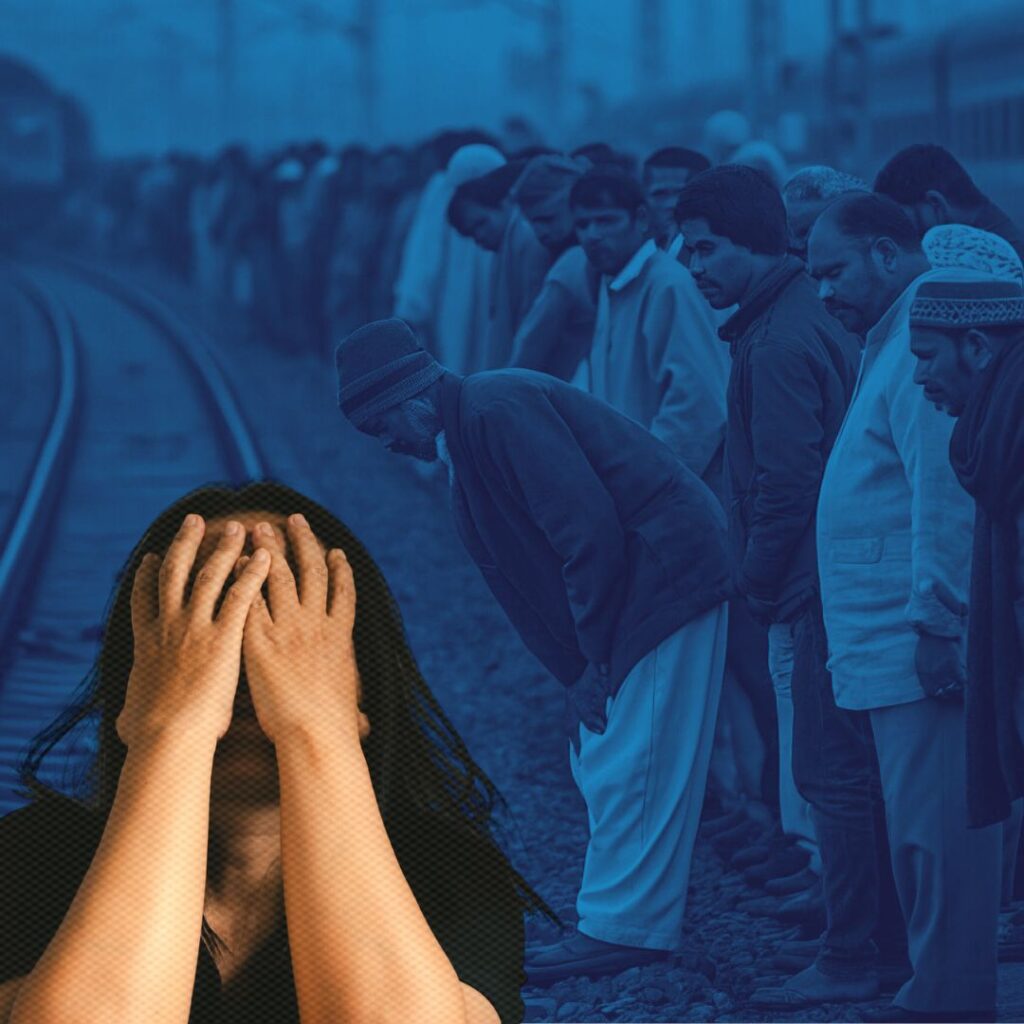Image Source: Huffpost
Today, Defence Minister Manohar Parrikar announced ‘One Rank One Pension’ scheme fulfilling one of the election promises of the government, which will be implemented 1 July 2014 onwards, with 2013 as the base year. However, veterans have expressed disappointment and have rejected the scheme proposed by the government saying that there are still six demands that haven’t been met and it dilutes the core issues of OROP . They have decided to continue their protest at Jantar Mantar that was going on for last 82 days.
Here are a few facts about the scheme.
What is OROP?
“One Rank, One Pension” is the demand for the same pension for the same rank and for the same length of service, irrespective of the date of retirement.
How is pension rate determined currently?
Currently, the pension rate of a retired personnel depends on the Pay Commission recommendations at the time of retirement. So a pensioner, who retired before the Pay Commission of 2006 came into effect, draws less pension than a junior pensioner who retired after 2006, even if both of them served at the same rank for the same duration.
How are the armed forces affected?
Unlike civil servants who retire at the age of 60, most soldiers are compulsorily retired between the age of 35 and 37. Moreover, military personnel can be discharged anytime on the grounds of disability, unlike civil servants. Thus, soldiers are dependent on their pension for a longer duration and are affected the most if pension rates are not revised with each pay commission.
How much will OROP cost the government?
Implementing OROP is likely to cost the exchequer Rs. 7,500 crore to Rs. 10,000 crore. However, the UPA government had allocated only Rs. 500 crore for OROP in its 2014 budget. The current NDA govt. has announced Rs. 1,000 crore for the scheme, which still falls far short.
What is the status of supreme court on the issue?
In 2009, the Supreme Court had ordered the government to implement OROP. In 2010-11, a Parliamentary Committee, known as the Koshyari Committee, found that “there is merit in the demand for One Rank One Pension by Armed Forces Personnel” and strongly recommended its implementation for defence personnel at the earliest.
Why veterans are disappointed?
1. OROP would be applicable for the disabled and war widows, those opting for voluntary retirement and not complementing full service will be out of its ambit.
2. It has been decided that the gap between rate of pension of current pensioners and past pensioners will be bridged every five years.
To address the issues raised by veterans Defence Minister said that the government will appoint a one member judicial commission which will give its report within six months. The veterans in turn demanded a five member directly under the Defence Minister and the report submitted within one month.
Close to 22 lakh retired servicemen and over six lakh war widows stand to be the immediate beneficiaries of the scheme.











